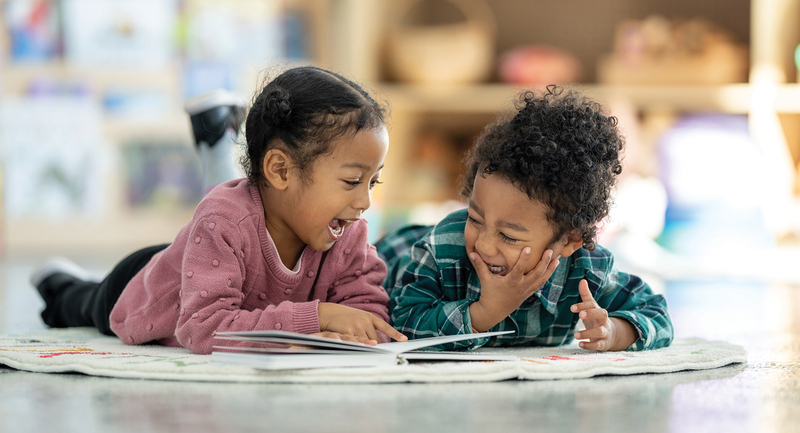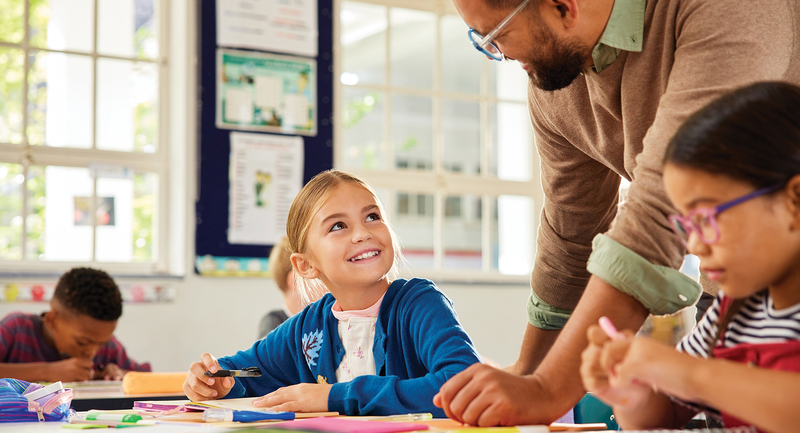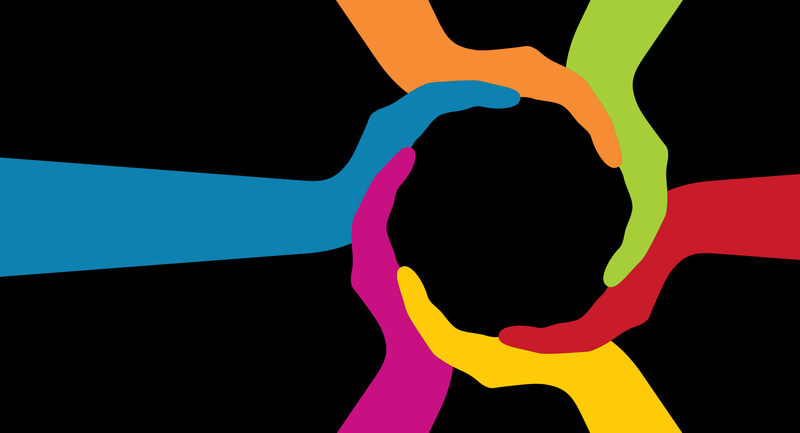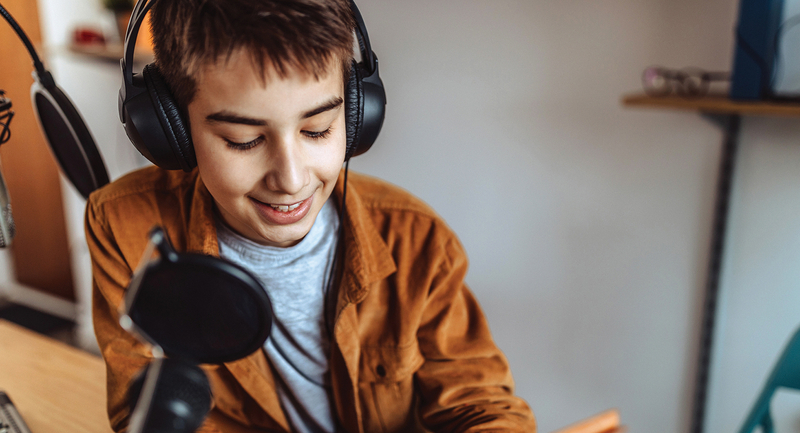"The only title in our democracy superior to that of President is the title of citizen."–Justice Louis Brandeis
The only time I remember my mother speaking directly, and with great sadness, about leaving Germany on a kindertransport at the age of 10 was when I was back in Frankfurt with her 40 years after it happened. I was 20 years old. We were waiting for a train together in the Frankfurt Hauptbahnhof (central station). She looked at a platform adjacent to the one where we were standing and said, "That's where I waved goodbye to my mother and grandmother. It looks exactly the same." And, indeed, it did. From both photographs and history books, I knew that although the Allied bombing of Frankfurt destroyed much of the city, the central train station suffered only minor damage. Only the advertising looked different. My mother remembers smiling while she waved goodbye so that her mother wouldn't cry. She also remembers giving her favorite doll to the girl seated opposite her, who was disconsolate. They were 2 of the 100 children on the train headed to relative safety in Switzerland. It was the last time my mother would see her family.
Although my parents—both German Jewish refugees—spoke little about their experiences during World War II, I suspect that the profound injustices that informed their childhoods have had an indelible impact on my views about education in democratic societies. What went wrong in German society that led to such unthinkable events as those that define the Holocaust? How could such a highly educated, mature democracy descend into such unimaginable cruelty and darkness? Historians have suggested a great number of causes, including Germany's punishing defeat in World War I, the suffering German economy after the worldwide Great Depression, and the populist appeal of a leader who promised to fix all that.
As an educator, however, I can't help but wonder what German schools might have done differently. What can we learn from what schools did or didn't do in Weimar Germany (which was a democracy too)? What, if anything, should schools today teach children about democracy? How can schools help young people acquire the essential knowledge, dispositions, and skills for effective democratic citizenship to flourish?
Curriculum as Proxy
When I ask teachers, students, parents, principals, and even superintendents to tell me about their ideal school, the places they imagine are vastly different from the images of schools conveyed by, for example, the standardized-testing industry or school reformers focused on "competitiveness." In thinking about what schools should teach and how they should teach it, we quickly become entangled in the complex history of what's taught in schools and the contested role of education in democratic societies. Isn't it surprising that debates about school curriculum seem so important to everyone? You drop your kid off at school in the morning. The school administrators and teachers keep her safe, make sure she eats lunch and makes friends, and teach her things before they send her home again. Isn't that enough? Do people really care so much about exactly what is taught? But we all do.
I suspect the reason the battles over curriculum loom so large—not only in school reform circles, but also in the media, among politicians, and around the dinner table—is because what we teach in schools is a proxy for the kind of society we hope to create. And questions about whether we should keep our society mostly as it is or change it somehow challenge deeply held beliefs and commitments about how we want to live.
In the past two decades of school reform, we've become increasingly focused on standardized test scores in math and literacy to the near exclusion of all other educational goals. That worries me. The United States, we like to believe, is a stable democracy, and some might argue that the purpose of schools now is simply to train students for the workforce, teach them basic skills, and maybe teach them to love their country. But democracy is not self-winding. I ask, "What kind of citizens do we need?" because I'm interested in whether schools ask students to continuously reimagine the kind of society they'd like to live in—and give students the tools they need to make such a vision reality.
Shaping Society in Schools
I think about schools not only as vehicles for the transmission of knowledge, but also as places where children learn about the society in which they are growing up, how they might engage in society productively, and how they can fight for change when change is warranted. Schools have always taught lessons in citizenship, moral values, good behavior, and "character." Even before there was formal schooling, informal education was replete with such goals.
Today's schools teach these lessons as well. For example, schools teach children to follow rules, and certainly sometimes following the rules is necessary. But do schools also help students consider whether being a "good" citizen ever requires questioning those rules, or what might be the proper balance between rule following and thinking about the origins and purpose of rules? Just because schools teach children about citizenship and character doesn't mean they always do it well or even toward admirable aims. In fact, schools and other youth organizations have sometimes engaged in some of the worst forms of citizenship indoctrination. Counted among the many examples of organized "citizenship" education are the hateful lessons learned by members of the Hitler Youth brigades, who were the same age my mother was when she boarded the train to Switzerland.
My aim isn't to convince anyone that schools should teach citizenship—that's a given. How classrooms are set up, who gets to talk when, how adults conduct themselves, how decisions are made, how lessons are enacted—all these (and more) inevitably serve as lessons in citizenship. Whether teachers explicitly "teach" lessons in citizenship or not, students learn about community organization, the distribution of power and resources, rights, responsibilities, and of course, injustice.
But knowing that schools are always instruments of citizenship education makes it vitally important for anyone who cares about education and society to ask what kind of citizen our educational programs imagine. Educators today face enormous pressures to reduce teaching and learning to math and literacy, test preparation, or career training. But I'd like to think that most educators believe that schools, beyond teaching children how to read and write, do math problems, and understand science and history, also serve as an inevitable influence on young people's views of the world and are, therefore, a potentially powerful tool to shape our society for the better.
Practices for Preparing Citizens
If you were to ask 100 people on the street whether schools should teach children how to be good citizens, I would bet that almost everyone would nod in agreement. But the kind of citizenship many people have in mind is the kind that socializes children to follow the rules and be a good person. Hugely popular character education programs, for example, teach students to follow the rules, listen to their teachers, be honest, help others in need, clean up after themselves, try their best, and be team players. There's nothing wrong with any of those goals. But those lessons would be just as welcome in North Korea, Uzbekistan, and Belarus—countries the organization Freedom House (2017) identifies as among the least democratic and free in the world.
Respect for teachers and government leaders, loyalty, kindness, and diligence are all important. But they're important in any organized system of government—totalitarian dictatorships, military dictatorships, monarchies, religious theocracies, and oligarchies. Think of even the most benevolent dictator, one who makes decisions only with the best interests of the people in mind. That leader would still not desire citizens to consider perspectives other than the one that he or she has decided is the best way forward.
Democracies, however, make special demands on their citizens. Government of the people, by the people, and for the people requires the people to participate in decisions about laws and policies that affect us all. "I know of no safe depository of the ultimate powers of society but the people themselves," Thomas Jefferson (2009/1820) famously wrote, "and if we think them not enlightened enough to exercise their control with a wholesome discretion, the remedy is not to take it from them, but to inform their discretion by education."
Public schooling in America has always been implicated in nurturing civic capacities and habits consistent with democratic life. Educating citizens requires that schools take seriously the need to nurture two essential elements unique to democratic life: asking challenging questions and considering varied perspectives. Schools can achieve these goals by focusing on three practices: teaching students how to ask questions; exposing students to multiple perspectives; and rooting instruction in local contexts.
Teach Students to Question
One hallmark of a totalitarian society is the notion of one single "truth" handed down from a leader or small group of leaders to everyone else: Questioning that truth is not only discouraged, but also often illegal. By contrast, schools in democratic societies must teach students how to ask challenging questions—the kind of uncomfortable queries that challenge tradition. Although most of us would agree that traditions are important, without questioning there can be no progress. Dissent—feared and suppressed in nondemocratic societies—is the engine of progress in free ones. Education reformers, school leaders, and parents should do everything possible to ensure that teachers and students have opportunities to ask these kinds of questions.
For example, Bob Peterson, a one-time Wisconsin Elementary Teacher of the Year, worked with his students at La Escuela Fratney in Madison to examine the full spectrum of ideological positions that emerged following the September 11, 2001, terrorist attacks. Instead of avoiding his 5th grade students' challenging questions, Peterson encouraged them. He placed a notebook prominently at the front of the classroom labeled "Questions That We Have." As the students discussed their questions and the unfolding current events, Peterson repeatedly asked students to consider their responsibilities to one another, to their communities, and to the world (Westheimer, 2007).
Expose Students to Multiple Perspectives
Much as Darwin's theory of natural selection depends on genetic variation, any theory of teaching in a democratic society depends on encouraging a multiplicity of ideas, perspectives, and approaches to exploring solutions to issues of widespread concern. Students need practice in entertaining multiple viewpoints on issues that affect their lives. These issues might be controversial. But improving society requires embracing that kind of controversy so citizens can engage in democratic dialogue and work together toward understanding and enacting sensible policies. Why would we expect adults, even senators or members of Congress, to be able to intelligently and compassionately discuss different viewpoints in the best interests of their constituents if schoolchildren never or rarely get that opportunity? In schools that further democratic aims, teachers engage young people in deep historical, political, social, economic, and even scientific analysis.
How should we do this? For example, teachers might present newspaper articles from around the world (easily accessed through the internet) that examine the same event. Which facts and narratives are consistent? Which are different? Why? Textbooks from several different countries could provide another trove of lessons on multiple viewpoints and the role of argument and evidence in democratic deliberation. If such textbooks aren't available in English, there is plenty of variation in perspectives across English-language textbooks; for instance, schools in Canada, the United Kingdom, and the United States present strikingly different perspectives on the War of 1812.
Why not ask students to research who wrote their textbook? Was it one person or a committee? Why were those people chosen? What kind of author was not invited to participate? The idea that a person or group actually wrote a textbook reminds us that the words are not sacrosanct but represent the views of a particular time, place, and group of authors. These approaches help demonstrate to students that "facts" are less stable than is often thought.
Students should also examine controversial contemporary issues. Students are frequently exposed to past historical controversies—such as slavery, Nazism, or laws denying voting rights to women—that are already settled in the minds of all but a small fringe minority. But those same students are too often shielded from matters that require thoughtful engagement with today's competing ideas. Yet that kind of engagement is exactly what democratic participation requires.
Focus on the Local
Schools should encourage students to consider their specific surroundings and circumstances. It's not possible to teach democratic forms of thinking without providing an environment to think about. If being a good democratic citizen requires thinking critically about important social, political, and economic assumptions locally, nationally, and globally, recent trends in education policy are at odds with that key aspect of citizenship. Nationally standardized tests are difficult to reconcile with in-depth critical thinking about issues that matter to students in a particular time and place.
One way to provide experiences with democratic participation in civic and political life is to engage students in community-based projects that encourage the development of personal responsibility, participation, and critical analysis. Service-learning programs, when they embrace the full set of those outcomes, are a particularly powerful means of fostering the knowledge, skills, and dispositions of the democratically engaged citizen.
Schooling for Democracy
At this historical moment, when some of the world's oldest democracies are threatened by vast economic inequality, fear, xenophobia, and a potentially dangerous form of populism, teaching and learning that helps young people understand and respond to these phenomena is essential. It's incumbent on teachers and school leaders to reassert our role in fostering schools that reclaim the importance of democratic values and the common good, that strengthen the bonds between us, and that make a difference.
Two decades ago, the British government commissioned a report by a citizenship advisory group led by political theorist Bernard Crick. This document laid out goals that remain valuable for schools today:
We aim … for people to think of themselves as active citizens, willing, able, and equipped to have an influence in public life and with the critical capacities to weigh evidence before speaking and acting; to build on and extend radically to young people the best in existing traditions of community involvement and public service, and to make them individually confident in finding new forms of involvement and action among themselves. (Qualifications and Curriculum Authority, 1998).
If today's youth are to participate in political decision making, schools must ensure that they're sufficiently well-informed to do so effectively. Basic skills like literacy and numeracy are, perhaps, the first important step toward that goal—but they aren't enough. Education that fosters the kind of engagement a well-functioning democracy requires will also ensure that students gain the knowledge, capacities, and dispositions associated with a robust democratic life.








